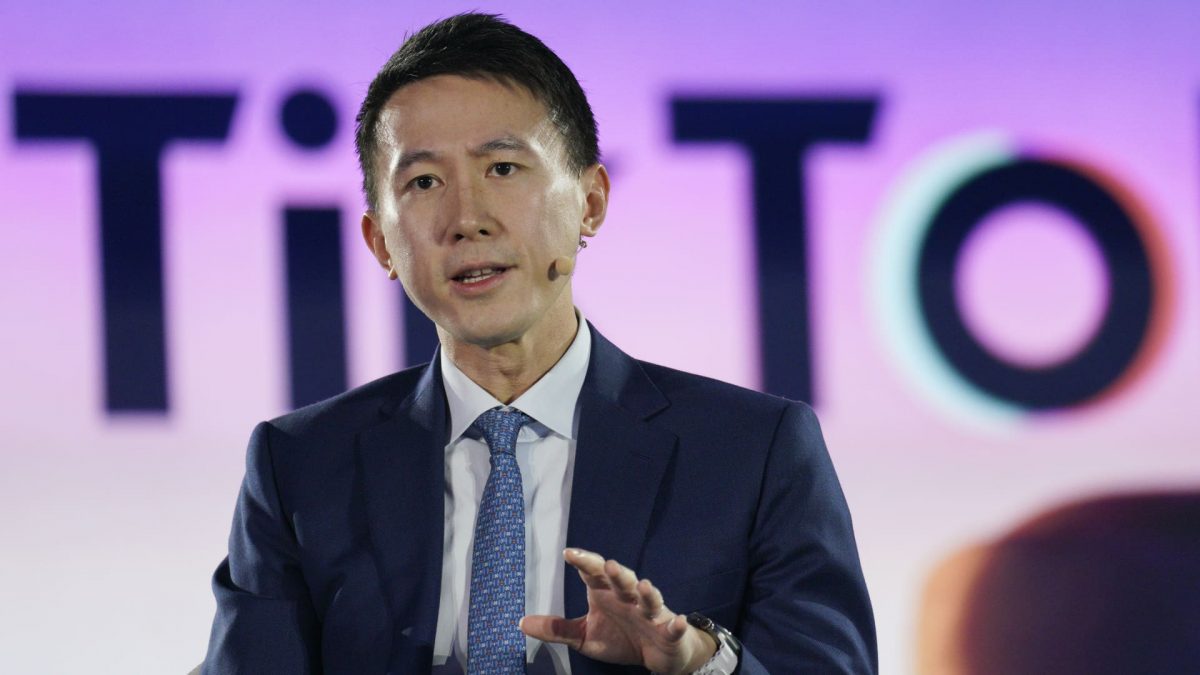TikTok has once again found itself embroiled in legal battles, as 13 US states and the District of Columbia filed lawsuits against the popular social media platform on Tuesday.
The lawsuits allege that TikTok is intentionally designed to be addictive for children, contributing to various mental health issues such as anxiety, depression, and body dysmorphia. This legal action is part of a larger national investigation into the app, launched in March 2022 by a coalition of attorneys general from states like California, Kentucky, and New Jersey.
At the core of the lawsuits is TikTok’s powerful algorithm, which curates personalised content on users’ “For You” feeds based on their interests. The lawsuits argue that TikTok’s design features, such as endless scrolling, push notifications, and face filters, are deliberately addictive, keeping young users glued to the app for hours.
The District of Columbia has labelled the algorithm as “dopamine-inducing” and claims it exploits children’s psychological vulnerabilities to boost ad revenue.
Addictive and exploitative
The lawsuits go on to accuse TikTok of profiting from the addictive nature of its platform, knowing full well the negative effects on children’s mental health. Despite TikTok’s policies that restrict the platform to users over the age of 13, the complaints argue that these barriers are easily bypassed by children, allowing them unrestricted access to the app’s full content, just like adult users.
Further allegations suggest that TikTok is running what amounts to an “unlicensed virtual economy” by allowing users to purchase virtual currencies, like TikTok Coins, and send “Gifts” to streamers, who can then exchange them for real money.
Impact Shorts
More ShortsThe lawsuits also claim that TikTok takes a 50 per cent commission on these transactions, all while failing to register as a licensed money transmitter. There are also disturbing claims that TikTok’s LIVE streaming feature has allowed teens to be exploited for sexually explicit content, with the platform allegedly profiting from these interactions.
Social media’s reckoning
These lawsuits are part of a growing movement against major social media platforms, with TikTok being a prime target. Over recent years, numerous states have taken legal action against companies like Meta, YouTube, and now TikTok, accusing them of harming young people’s mental health or facilitating inappropriate content.
Just last week, Texas sued TikTok for allegedly sharing minors’ personal information, while the US Department of Justice has filed its own federal lawsuit focusing on similar data privacy concerns.
The legal pressure on TikTok is intensifying as the platform also faces a potential national ban in the US if its parent company, ByteDance, doesn’t divest its ownership by mid-January 2024. Both TikTok and ByteDance are contesting this ruling in a federal appeals court, with a decision expected soon, possibly taking the case to the US Supreme Court.
This new wave of lawsuits could mark another significant chapter in the ongoing battle over TikTok’s influence and its impact on the mental health of young users.
)